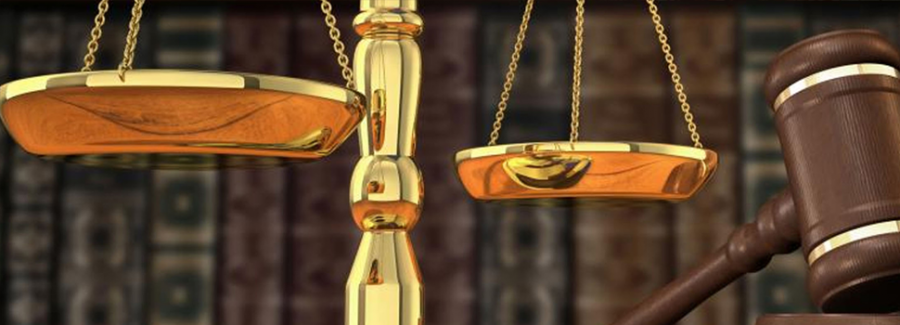Evaluation of an expert opinion.
Like any evidence, expert opinion is subject to evaluation. One of the features of assessment expert opinion – need special motivation of grounds on which the opinion is rejected.
Evaluation of an expert opinion is an activity that includes:
1. analysis of compliance with the procedural order and purpose of the examination;
2. The establishment of complete and scientific validity of the expert opinion;
3. analysis of expert opinion in conjunction with other evidence in the case;
4. checks belonging to the business and the reliability of the data contained in the conclusion.
Much attention in the assessment of an expert opinion is given that is not self-contradictory expert evidence does not contradict the other evidence he had compiled in the case. In this case check: expert competence; facilities granted to the study; scientific positions, for which the expert relied; the completeness of the study; the amount of questions that the answers received.
expert research results provide the initiator of the foundation of expertise to build versions of the relevant actions aimed at finding and securing the data set.
Evaluation of scientific validity and reliability of the conclusions – one of the important tasks of the investigator’s work.
There are two ways to assess the scientific credibility of the conclusion:
a) analysis of the conditions and methods of research;
b) comparison of the expert findings with other evidence, which contain information regarding the subject of the study, that is the conformity of the conclusion of reality.
In analyzing the conditions and methods of investigation the investigator analyzes:
competence of the expert who carried out the examination;
completeness of the study objects of expertise;
adequacy of the comparative samples submitted to the expert;
the validity of the original scientific positions taken by the expert;
the presence of contradictions in the conclusions of the experts;
form of an expert opinion, the accompanying form to the study.
When compared with the expert conclusions on the case evidence collected using the methods of logical analysis, methods of grouping, matching and comparison of expert opinion with other evidence. In case a conflict appoint an additional, repeated, or due diligence.
As a result of the analysis and evaluation of the expert conclusion of the investigator (the court) can take one of the following decisions:
admit expert reliable, complete and reasonable, relevant to the case, and to include it in the number of other sources of evidence and proof of use in the circumstances of the case;
admit expert incomplete or insufficiently clear, and if it was not possible to eliminate ambiguity when questioning expert, appoint an additional examination;
admit expert unreasonable or doubtful as to its accuracy and re-assign or additional expertise or to carry out other investigative actions in order to verify the results of the examination.
The use of expert opinion requires the investigator primarily exhibiting him as an equal proof of the system of collecting evidence in the case.
conclusions of experts is available for examination the suspect, other stakeholders of the process. Announced their request, motivated disagreement and objections to the expert opinion can be the basis for assignment of additional or repeated examination.
Each of these questions must be answered on the merits or indicate the reasons why it is impossible to solve it.
When conducting forensic examinations investigator generally perform organizational and supervisory functions. He must ensure that: the rights of the accused and interested parties, to provide conditions for the expert services and the proper information support of an expert.

